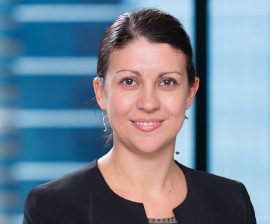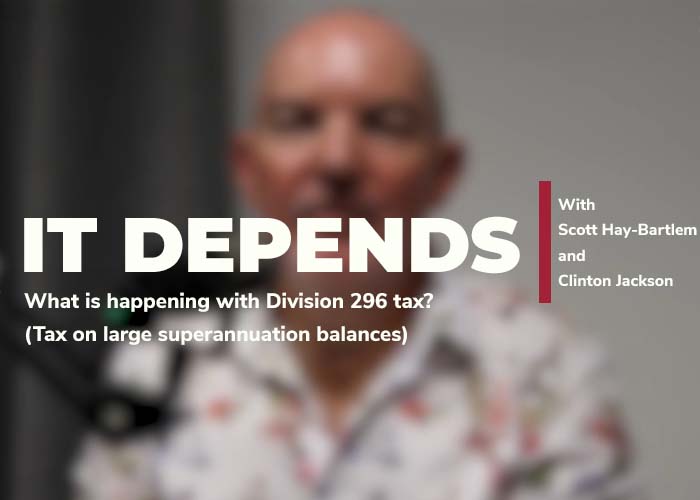By registering an eligible offsets project, you can earn carbon credits and generate income alongside your current activities.
The Australian Carbon Credit Unit (ACCU) scheme was established in 2011 in a national attempt to incentivise reduction of greenhouse gas emissions. Registration of a project with the Emissions Reduction Fund allows project proponents to earn ACCUs, which can then be sold to generate income. A variety of projects are available, many of which can deliver co-benefits, however proponents need to be aware of permanence obligations and impacts on their usual activities.
What are carbon credits?
The Emissions Reduction Fund enables landholders, communities and businesses to run eligible offsets projects, which either reduce greenhouse gas emissions or remove and sequester carbon from the atmosphere. For every tonne of carbon dioxide equivalent emissions that are stored or avoided by a project, participants receive one ACCU. ACCUs can then be sold to the Australian Government through a carbon abatement contract, or to companies and other private buyers on the secondary market.
How do I obtain carbon credits?
To generate ACCUs, your project must be registered with the Emissions Reduction Fund (ERF). Before registering, you should consider who the project proponent is. The project proponent has the legal right to undertake the project and receives the ACCUs generated by it. They are also responsible for ensuring the project complies with the relevant statutory obligations. Landholders may wish to retain their legal right to conduct the project on their land and be the project proponent themselves, or confer this right on another party, such as a carbon service provider, and come to an arrangement regarding the subsequent distribution of ACCUs.
Eligible offsets projects must either reduce emissions or remove and sequester carbon in order to generate ACCUs. A wide variety of project methods are available for both the industry and land sectors to achieve these outcomes. These include:
- carbon capture and storage
- improved energy efficiency in commercial buildings
- reforestation and afforestation
- reducing agricultural greenhouse gas emissions.
If your project is an area-based emissions avoidance or sequestration project, you will need the consent of any eligible interest holders prior to registration. Eligible interest holders include mortgagees, landholders and registered native title bodies corporate. A project can be conditionally registered without consent, however consent must be obtained before the end of the first reporting period in order to obtain ACCUs. Where consent is withheld, the project may need to be varied or revoked.
For sequestration projects, applications must also specify a permanence period to ensure that the carbon stores for which ACCUs have been issued are maintained. Applicants may opt for either a 25 or 100 year permanence period.
How will carbon credits benefit me?
Landholders, pastoralists, developers and other entities can all benefit from registering an eligible offsets project with the ERF. In addition to creating beneficial environmental outcomes, they can also be a source of income. ACCUs can be claimed throughout the crediting period for the project which, depending on the type of project, varies from 7 to 25 years.
Some project methods, such as avoiding clearing of native regrowth vegetation, are also extremely low maintenance and require very little cost to implement. As such, the risks posed by these types of projects are minimal and they have potential to be very profitable.
In addition to the ACCUs earned, projects can also deliver co-benefits. For example, revegetation projects on farmland may also improve water quality, reduce erosion, and improve farm productivity by replenishing soils.
Are carbon credits compatible with my activities?
Generally speaking, your involvement in the planning process means the project can be tailored to ensure any impacts on your usual activities are in line with your expectations.
However, if you intend to establish a sequestration project, it is important to be aware of the permanence obligation attached to this project type. Once declared, the permanence period cannot be varied. Additionally, permanence obligations run with the land and are recorded in the ERF project register for prospective buyers and other interested parties to view. Applicants should carefully consider any potential consequences of a project with a permanence obligation attached, including impacts on property value and the possibility for future land use changes.
Finally, while you may already be engaging in carbon reduction or sequestration projects, you are unable to earn ACCUs by registering a pre-existing project or a project that is required by law. Additionally, projects that generate ACCUs cannot receive financial support from any other government programs. As such, any projects you would like to earn ACCUs from must be in addition to pre-existing projects, funded by you and entirely voluntary – in other words, you cannot ‘double dip’.
Earning ACCUs may allow you to generate income alongside your current activities through a myriad of available project types. When considering the feasibility of registering an eligible offsets project, you should consider any permanence obligations and impacts on your usual activities.
Contact our law team for advice about registering an eligible offsets project to receive ACCUs.





